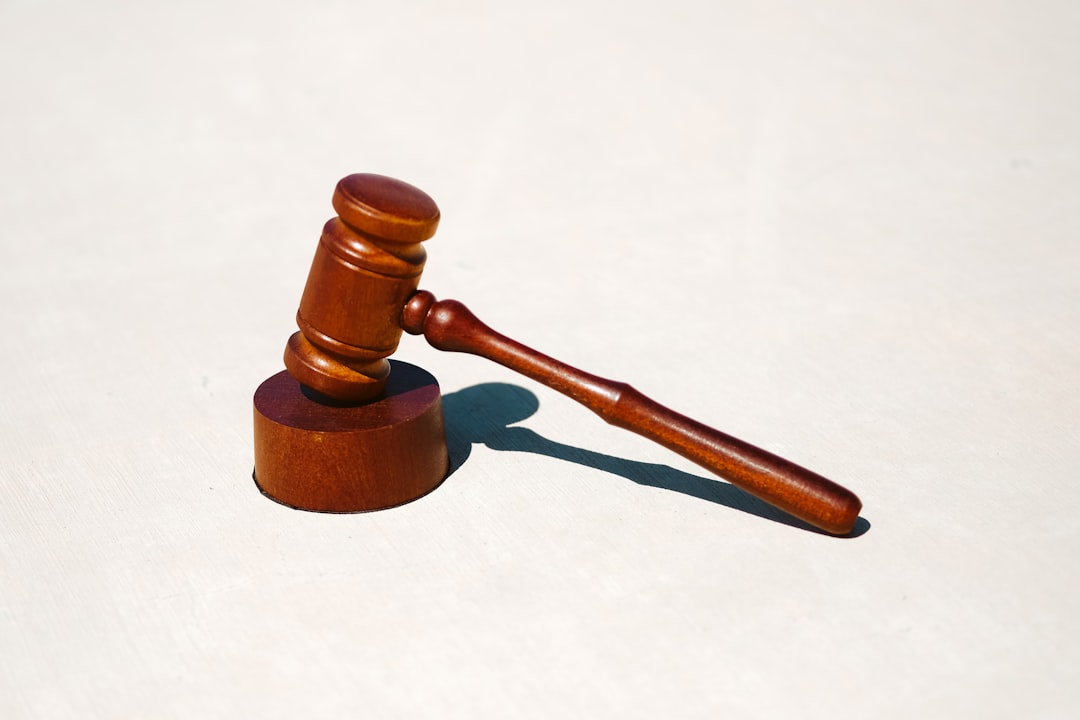In Kansas, the Kansas Corporation Commission (KCC) enforces strict "Do Not Call" laws protecting residents from unwanted telemarketing calls. Individuals can register their numbers for 5 years of restrictions, and businesses must obtain explicit consent before making calls, facing fines up to $1000 per violation for non-compliance. A Do Not Call Lawyer Kansas specializes in navigating these regulations, ensuring ethical marketing practices while upholding consumer rights and privacy. Telemarketers in Lenexa, Kansas should implement robust do-not-call lists, obtain explicit consent, train staff, and conduct regular compliance audits to avoid legal repercussions.
In Lenexa, Kansas, telemarketers face a crucial legal requirement: compliance with Do Not Call laws. This regulation, designed to protect residents from intrusive sales calls, carries significant penalties for non-compliance. Understanding these laws is essential for telemarketing professionals to safeguard their practices and maintain customer respect. This article explores the legal perspective, rights and responsibilities, enforcement consequences, and best practices for Lenexa telemarketers, emphasizing the importance of seeking guidance from a Do Not Call lawyer in Kansas.
Understanding Do Not Call Laws in Kansas: A Legal Perspective

In Kansas, the “Do Not Call” laws are designed to protect residents from unsolicited phone calls, particularly those from telemarketers. These laws, regulated by the Kansas Corporation Commission (KCC), empower individuals to register their phone numbers on the state’s Do Not Call list, restricting commercial calls for a period of five years. Compliance with these regulations is crucial for businesses, especially telemarketing firms, to avoid legal repercussions and fines. A dedicated Do Not Call Lawyer Kansas can guide companies through this intricate legal framework, ensuring they stay compliant while protecting consumer rights.
The KCC’s rules stipulate that businesses must obtain explicit consent before making telemarketing calls. This means clear and unambiguous permission from the caller, often obtained through opt-in forms or verbal agreement during initial interactions. Moreover, companies must respect registered numbers on the Do Not Call list, ensuring no calls are placed to these individuals or entities for marketing purposes. Understanding and adhering to these legal requirements is essential for telemarketers in Lenexa, Kansas, to maintain a legitimate business practice while respecting consumer privacy.
The Impact on Telemarketers: Rights and Responsibilities

Lenexa, Kansas telemarketers face significant implications when it comes to complying with Do Not Call laws. These regulations are designed to protect consumers from unwanted sales calls and give them control over their privacy. For telemarketers, understanding and adhering to these laws is crucial, as non-compliance can result in legal consequences, including substantial fines. A Do Not Call Lawyer Kansas can guide businesses on navigating this complex landscape, ensuring they respect consumer rights while continuing their marketing efforts effectively.
Telemarketers have both rights and responsibilities under these laws. They are entitled to conduct business and reach potential customers, but they must do so without invading privacy. This means obtaining proper consent, providing clear opt-out options, and maintaining accurate caller lists. By prioritizing ethical practices, telemarketing companies can foster trust with their target audience, enhancing long-term success in a competitive market while avoiding legal pitfalls associated with Do Not Call regulations.
Enforcing the Rules: Consequences for Non-Compliance

Enforcing the rules set forth by the Do Not Call laws in Kansas is taken very seriously, especially for telemarketers operating within the state. Non-compliance can result in severe consequences, including substantial fines and legal repercussions. A Do Not Call Lawyer Kansas plays a pivotal role in guiding businesses and individuals affected by these regulations, ensuring they understand and adhere to the law.
If a telemarketer ignores the “Do Not Call” status of a consumer, they risk facing penalties as high as $1000 per violation. Moreover, repeated or intentional violations can lead to class-action lawsuits, where consumers collectively sue for damages, potentially causing significant financial strain on the offending party. To avoid these pitfalls, it’s imperative that telemarketers obtain proper consent, maintain accurate records, and respect consumer choices regarding their communication preferences.
Best Practices for Lenexa Telemarketers to Stay Compliant

To stay compliant with Do Not Call laws in Lenexa, Kansas, telemarketers should adopt best practices that respect consumer privacy and preferences. First, implement robust do-not-call lists and regularly update them to ensure no calls are made to numbers that have opted out. Second, obtain explicit consent before making any marketing calls—this can be done through clear, concise opt-in mechanisms during initial contact or through follow-up emails or forms.
Additionally, train staff on proper call handling techniques, including being polite and professional at all times. Clearly communicate the company’s policies regarding do-not-call requests to avoid misunderstandings. Regularly monitor compliance through random audits, and have a dedicated team or individual responsible for overseeing the implementation and adherence to these best practices. Engaging in such proactive measures can help Lenexa telemarketers maintain legal compliance and foster better relationships with their caller base, including those registered on the Do Not Call Lawyer Kansas lists.






